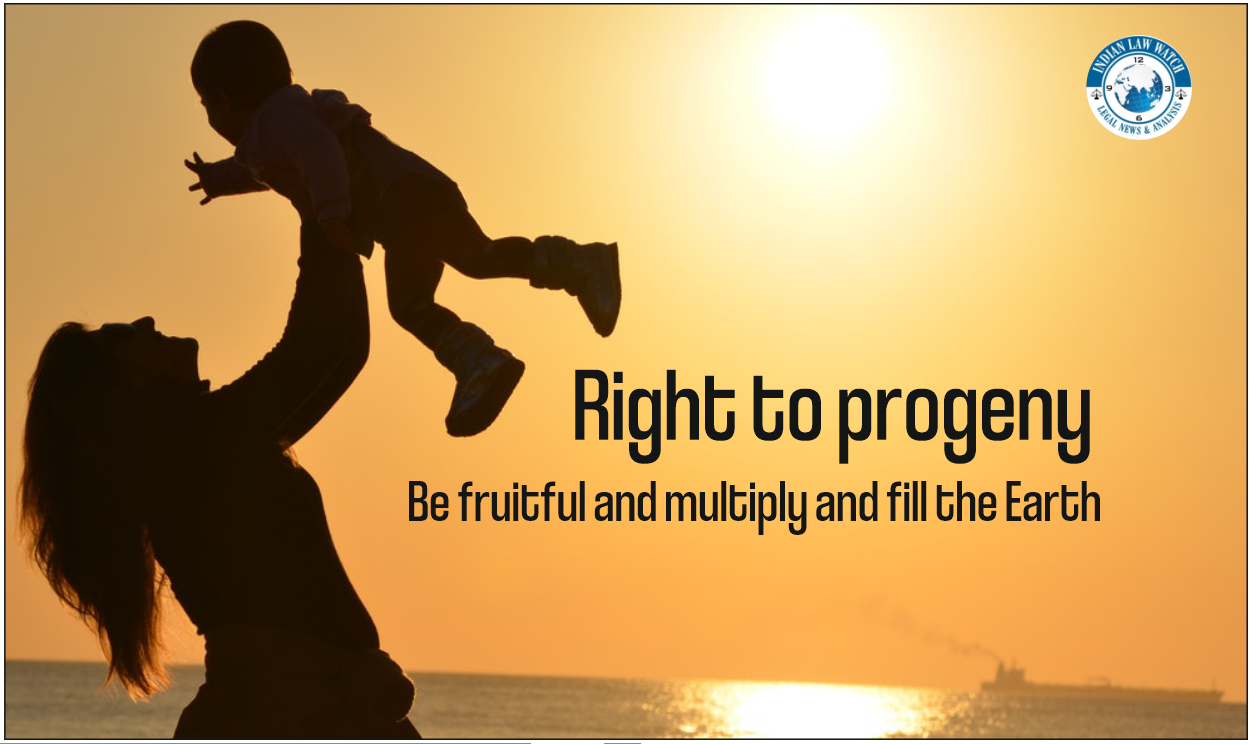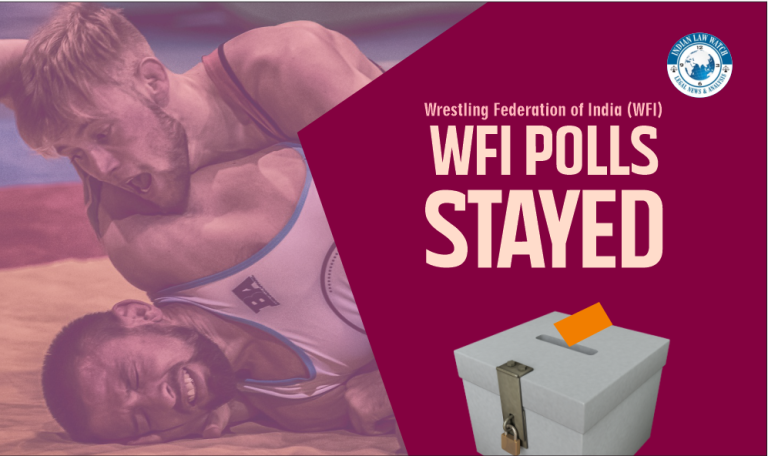
In Nand Lal v. State D.B. Criminal Writ Petition No. 10/2022, the Jaipur Bench of Rajasthan High Court granted an emergent parole of 15 days to a convict so he can impregnate his wife.

The convict, Nand Lal is lodged at Central Jail, Ajmer and has already served six years of imprisonment of the sentence of life imprisonment awarded to him.
He preferred a writ petition before the Jaipur Bench of Rajasthan High Court through his wife Smt. Rekha seeking an emergent parole of 15 days under Rule 11(1)(iii) of the Rajasthan Prisoners Release on Parole Rules, 2021 for want of progeny. Earlier, he availed a parole of 20 days and then surrendered back on the due date.
Report by AAG, Rajasthan
Learned Additional Advocate-cum-Government Advocate pleaded that the case of the petitioner does not fall within the scope of Rule 11 of the Rajasthan Prisoners Release on Parole Rules, 2021. However, when asked by the Court to make an inquiry regarding the family status of the convict, he submitted a report stating Smt. Rekha is the lawfully wedded wife of the petitioner and resides with her in-laws.
 Religious essence of right to progeny
Religious essence of right to progeny
The Jaipur Bench dealt with the religious aspect of the right to progeny. The Court made reference to the Hindu philosophy Garbhadan i.e. the wealth of the womb is the first in the 16 sacraments (प्रजां च धत्तं द्रविणं च धत्तम). The Court then referred to the cultural mandate in Judaism, Christianity, and other Abrahamic religions, which states: Be fruitful and multiply and fill the Earth. The cultural mandate was granted to Adam and Eve. Lastly, the Court also made reference to Maqasid I Shariah which provides for fulfillment of human’s necessity and considers protection of nasl (progeny) as the primary purpose.
Sociological essence of right to progeny
The Court referred to four Purusharths i.e. the object of human pursuit namely, Dharma, Artha, Kama, and Moksha. When a man is convicted and undergoing imprisonment, he can still perform 3 of the 4 purusharths i.e. Dharma, Artha, and Moksha, but for Kama, one needs his/her spouse. Therefore, while in prison, the convict as well as his/her spouse are both deprived of one of the human pursuits. Also, when the innocent spouse is a woman, the completion of womanhood is considered when she brings a new life into the world. A woman should not be deprived to first live without her husband and then without children as well when she was not at fault.
 Legal aspect of right to progeny
Legal aspect of right to progeny
The Court placed reliance on Jasvir Singh and Anr. v. State of Punjab 2015 Cri LJ 2282 wherein it was held that the right to procreation exists during incarceration as well and therefore, falls within the scope of Article 21 of the Constitution.
 Parole granted
Parole granted
Considering the innocence and the needs of the spouse of the convict, the High Court granted a parole of 15 days provided a personal bond of ₹ 50,000/- and two surety bonds of ₹ 25,000/- be furnished to the satisfaction of the Superintendent, Central Jail, Ajmer.





